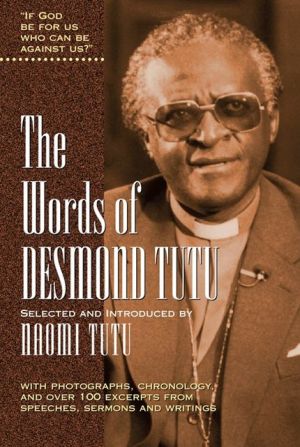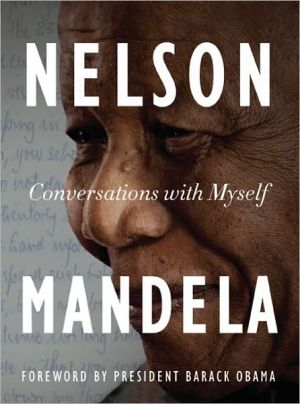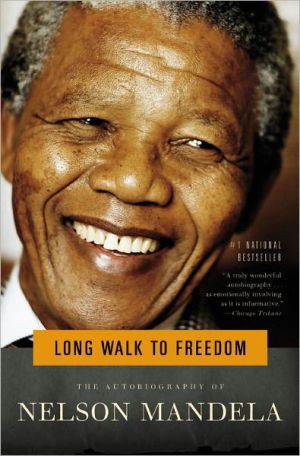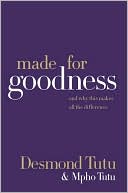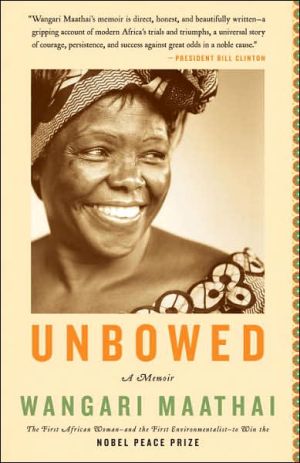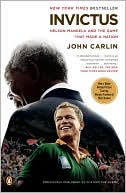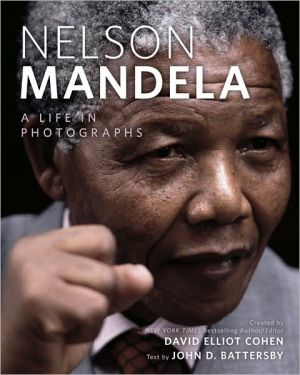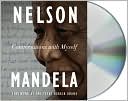Words of Desmond Tutu
When Desmond Tutu received the Nobel Peace Prize in 1984 in recognition of his tireless work on behalf of blacks under apartheid, he joined Mahatma Gandhi, Martin Luther King, Jr., and Mother Teresa as one of the great inspirational leaders of our time. In this collection of more than 100 excerpts from his most memorable speeches, sermons, and writings, Tutu discusses issues both timeless and topical, ranging from faith and social responsibility to nuclear disarmament, the Third World, and...
Search in google:
In this collection of more than 100 excerpts chosen by his daughter Naomi from his most memorable speeches, sermons, and writings, archbishop Desmond Tutu discusses issues ranging from faith and social responsibility to nuclear disarmament, the Third World, and women in the church. Library Journal Here are excerpts from Bishop Tutu's speeches, sermons, and writings, nearly half being published for the first time. As his daughter's introduction stresses, themes of faith and community predominate in these passages, which are grouped under such headings as ``Violence and Nonviolence'' or ``Faith and Responsibility.'' The lack of citations may frustrate some readers, but it does give the selections a timeless, transcendent look on the page, and a chronology of Tutu's life and brief bibliography of sources appear at the end. The anthology closes with the Nobel Prize acceptance speech.-- EC
Introduction Naomi Tutu 9Faith and Responsibility 21Apartheid 35Violence and Nonviolence 45Family 55The Community-Black and White 69Toward a New South Africa 81Text of Acceptance Speech for the Nobel Peace Prize, 1984 93Chronology 99Sources 107Photo Credits 111
\ Library JournalHere are excerpts from Bishop Tutu's speeches, sermons, and writings, nearly half being published for the first time. As his daughter's introduction stresses, themes of faith and community predominate in these passages, which are grouped under such headings as ``Violence and Nonviolence'' or ``Faith and Responsibility.'' The lack of citations may frustrate some readers, but it does give the selections a timeless, transcendent look on the page, and a chronology of Tutu's life and brief bibliography of sources appear at the end. The anthology closes with the Nobel Prize acceptance speech.-- EC\ \
